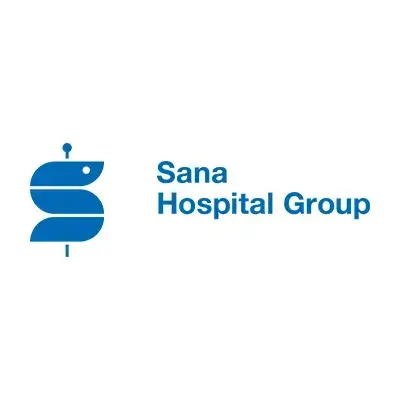What It Is Like to Live With GERD and What You Can Do

Gastroesophageal reflux disease, or GERD, is a condition where stomach acid flows back into the esophagus. Although acid reflux can happen from time to time, GERD is when it occurs more frequently and causes irritation. While the condition can prove to be uncomfortable, there are ways in which to manage the symptoms.
Bringing GERD Awareness
National GERD awareness week began in November 1999. In 2022, GERD awareness week will be observed from November 20 to 26. The goal of this campaign is to raise awareness and to educate patients that frequent heartburn can be a sign of reflux disease and that early detection is the key to preventing the disease from escalating into a more serious condition. If you are worried about your symptoms, talk to your family doctor. They may refer you to a gastroenterologist for further tests. Unfortunately, GERD is considered a chronic ailment and may not be entirely curable. The frequency and intensity of your symptoms determine the stage of GERD. To prevent your GERD from worsening, it's critical that you receive the right care for your specific stage of the disease.
The Symptoms of GERD
Signs and symptoms of GERD can vary, making it important for those suffering from symptoms to seek professional advice from gastroenterology doctors. Even mild irritation can prove to be an issue. Some common symptoms include chest pain or a burning sensation in the chest. This typically occurs after eating a meal. Patients may notice that they have trouble swallowing or feel like something is stuck in your throat. Nighttime acid reflux can present many different symptoms. These include the development of asthma or a chronic cough.
How is GERD Diagnosed?
In order to confirm that a patient is indeed struggling with GERD and not any other underlying conditions, an endoscopy may be performed. This is when a long, thin, flexible tube is inserted down the throat to examine the stomach and esophagus. The tube is equipped with a camera and a light. This will allow your doctor to be able to detect any inflammation, as well as perform a biopsy if needed. Your doctor may also suggest an ambulatory acid probe test. This is when a monitor is placed in your esophagus. This tells the doctor when your stomach acid is regurgitated. X-rays may also be taken, which will allow your doctor to see your esophagus better. This is normally done after the patient is instructed to take a barium pill.
How Small Actions Can Make a Big Impact on Your Health
While your doctor may prescribe medication, there are also lifestyle changes that can aid in the management of symptoms. Although these tips may help with symptoms, they may not work as a treatment plan on their own. Consult your doctor about what treatment plans would work best for you.
Those who are overweight experience more pressure on their stomach. This means they are at an increased risk for acid being regurgitated. Maintaining a healthy weight can help manage symptoms better.
Certain foods can increase the risk of acid reflux. Avoiding these can help lessen symptoms. These include tomato-based products, high-fat foods, soda, and caffeine. It is a good idea to maintain a food diary to see which foods trigger reflux as this can be different for everyone.
Instead of eating larger meals, try to break up your meals more throughout the day. Do not eat less, unless advised by a doctor, just space it out more. This will helps you to reduce heartburn.
Click the links to find leading Gastroenterology specialists in Lichtenberg (Berlin) and Offenbach, Germany.

Sana Hospital Group is one of the largest independent healthcare providers in Germany. With over 50 world-class hospitals and more than 2 million patients yearly, Sana operates leading facilities, among them university hospitals, tertiary care centers, and specialized hospitals to deliver a broad portfolio of top-tier medical care. Whether it is preventive health care, an acute or chronic illness, a planned procedure, or a long-term diagnosis - more than 600 chief physicians, 4,500 medical professionals, and 11,000 nursing staff provide excellent treatment options, world-class medicine, and the best possible medical care.
Featured Blogs



